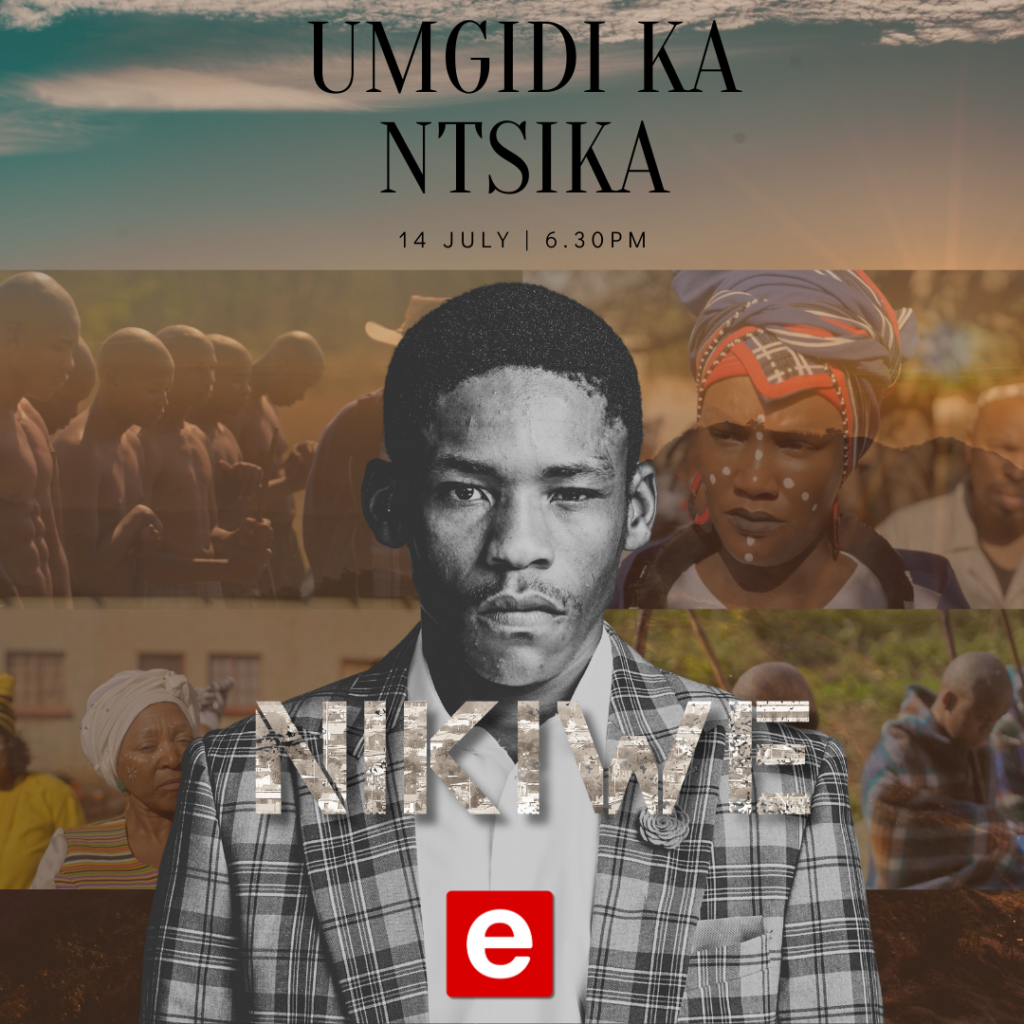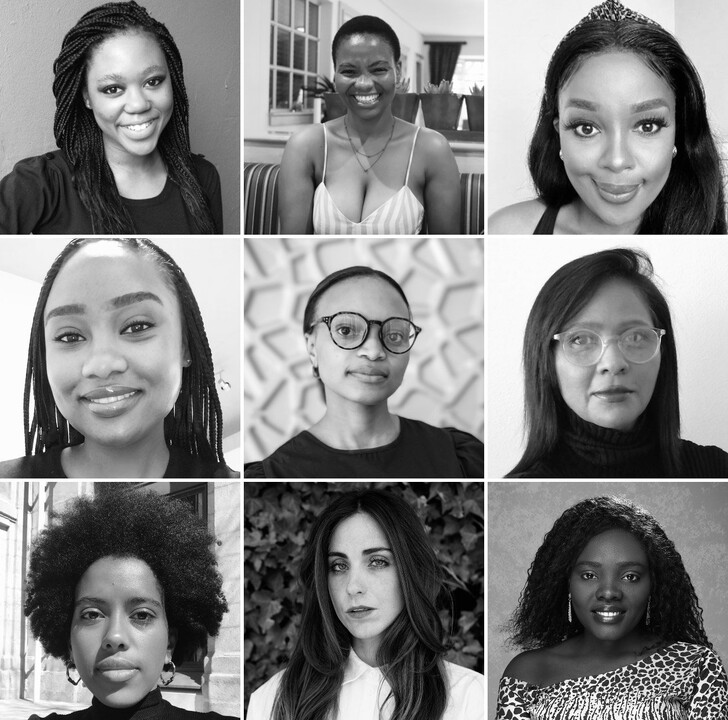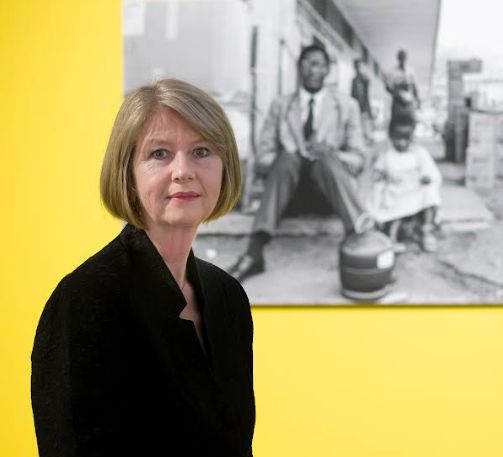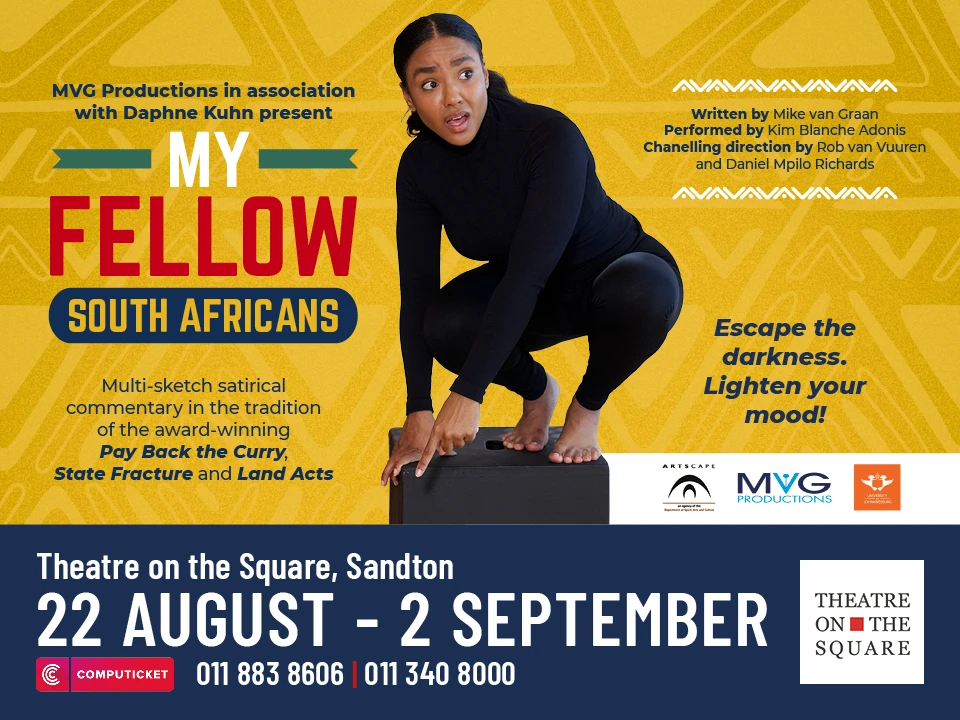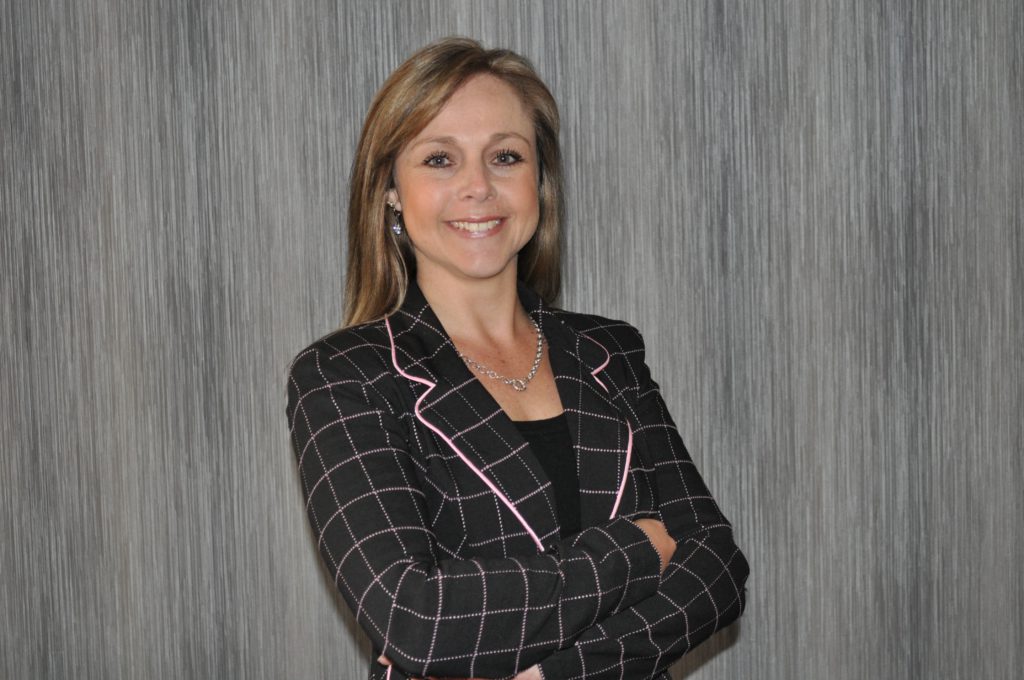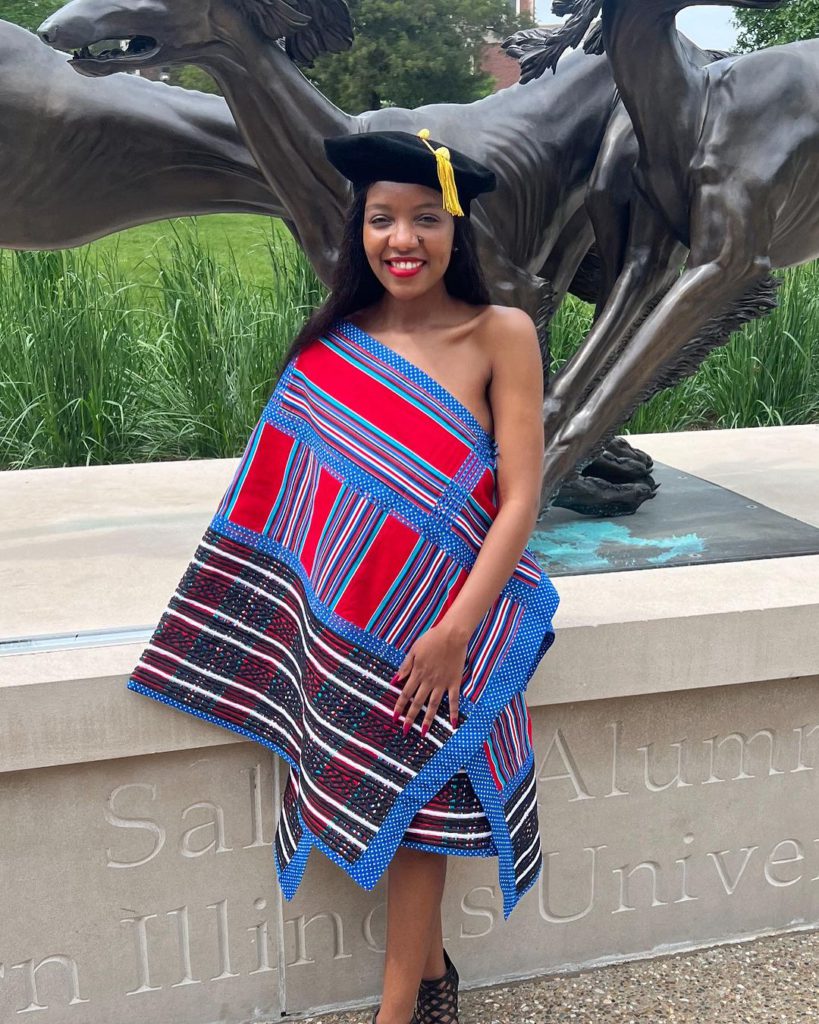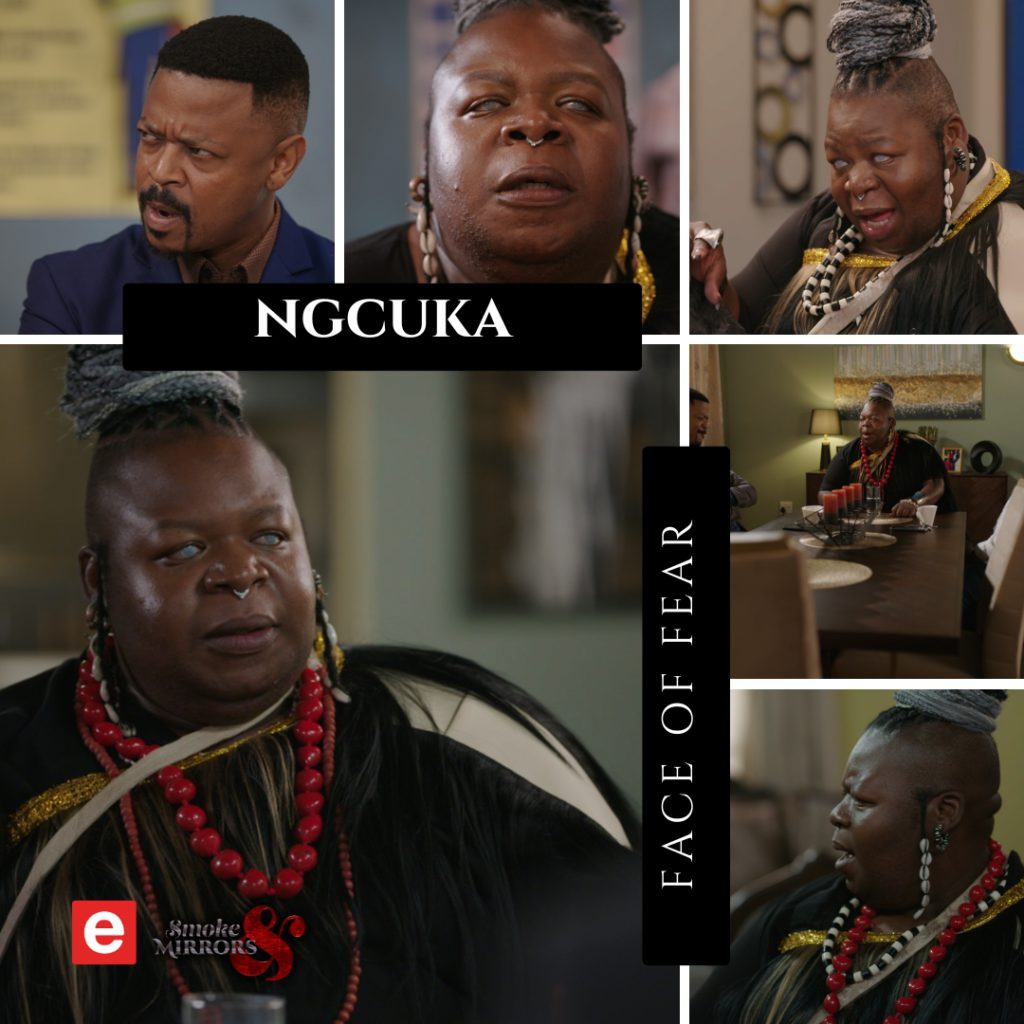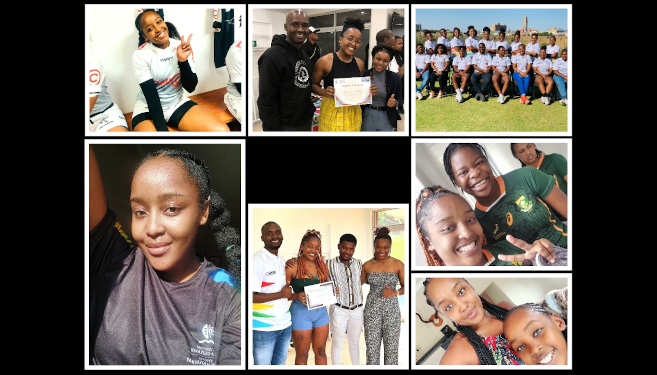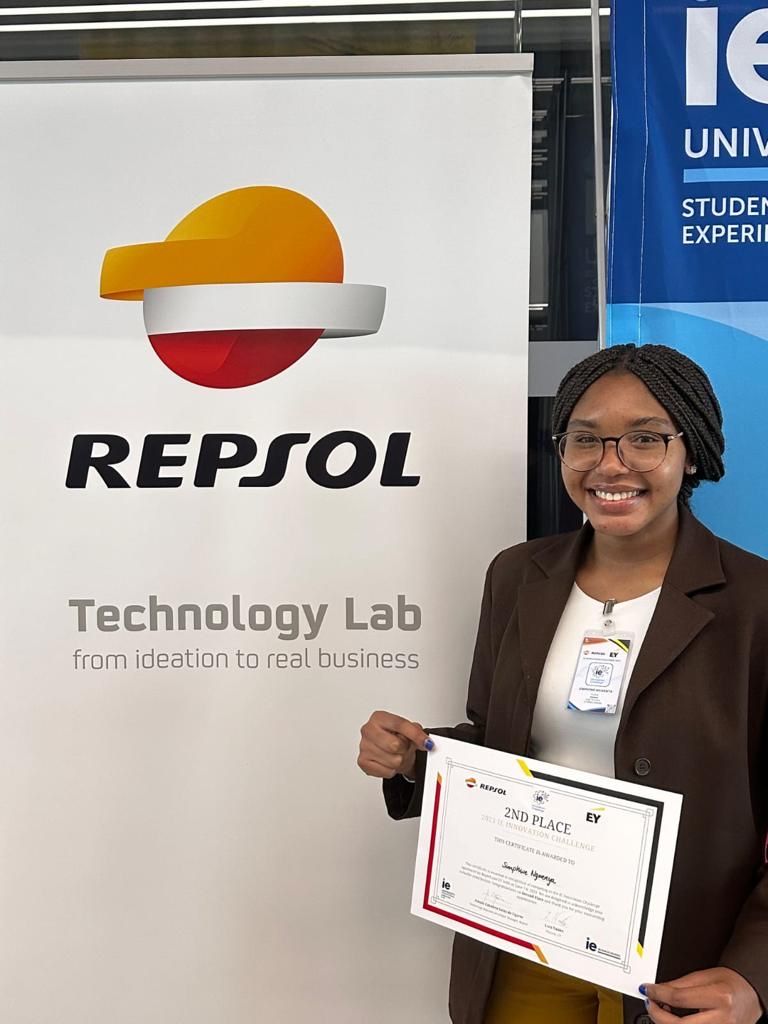BY Nkosazana Ngwadla
FAME Week Africa is excited to announce the selected participants for the second edition of the Southern Africa-Locarno Industry Academy, presented by Realness Institute in partnership with the Locarno Film Festival and with the support of The Story Board Collective. This dynamic and innovative film industry development programme aims to support, upskill, and network young film professionals in Southern Africa.
The nine participants chosen for the 2023 Southern Africa-Locarno Industry Academy are all talented female film industry professionals from Africa. They represent diverse roles such as lecturers, festival programmers, producers, film marketers, and more. The selected participants are Lerato Bokako, Abulele Njisane, Anga Mqingwana, Khanyisile Zondi, Nozipho Swelindawo, Victoria Ogar, Lucinda Van de Rheede, Taryn Joffe, and Seggen Mikael.
Markus Duffner, Head of Locarno Pro, and Marion Klotz, Industry Academy Project Manager, expressed their excitement about the upcoming edition of the Academy, which will coincide with the highly anticipated FAME Week. They highlighted the significance of having all selected participants as women, emphasizing the need for more female voices in the global film industry. They believe that this initiative will propel young professionals into the vibrant tapestry of the local and international film industry network, making a transformative impact on the next generation of filmmakers.
Elias Ribeiro, co-founder and Executive Director of Realness Institute and Regional Manager of Locarno Southern Africa Industry Academy, stressed the importance of developing solid distribution operations in Africa. He stated that without established and profitable distribution avenues, African content remains dependent on structures from the North, resulting in undervaluation. The Locarno Southern Africa Industry Academy aims to innovate and develop distribution solutions while empowering African film professionals.
The Locarno Southern Africa Industry Academy will take place during FAME Week Africa in Cape Town, South Africa, from September 3 to 9, 2023. FAME Week Africa serves as a platform for the development and networking of the creative industries across the continent.
Martin Hiller, Portfolio Director of FAME Week Africa, highlighted the transformative nature of the Southern Africa-Locarno Industry Academy within the event. He mentioned how the Academy empowers African film professionals to unlock their potential through mentorship, networking, and curated programming. The participants will have the opportunity to attend masterclasses, workshops, panel discussions, and engage in conversations with high-profile filmmakers.
The participants will also play a role in curating the short film program, mentored by Academy alumnus Lyse Nsengiyumva. The curated program will be showcased at The Labia Cinema in Cape Town from September 7 to 9, offering a platform for emerging voices in African cinema.
The participants expressed their expectations and aspirations for the program. Victoria Ogar from Nigeria looks forward to meeting new people, experiencing different cultures through films, and having a fulfilling career growth. Seggen Mikael, from Eritrea/Germany, hopes to build a valuable network of African film professionals and elevate the presence of African cinema globally. Khanyisile Zondi aims to gain insights into distribution to foster an inclusive ecosystem and facilitate access for filmmakers across the continent.
The participants will receive guidance and support from mentors and experts, including industry professionals like Dennis Ruh, Pamela Bienzobas, Lyse Nsengiyumva, Constanza Arenas, Sydelle Willow Smith, Claire Diao, and Elias Ribeiro. Their collective expertise will contribute to exploring systems and innovations in the distribution sector.
FAME Week Africa is proud to collaborate with Realness Institute and the Locarno Film Festival to empower and elevate African film professionals.
Image and source: FAME Week Africa

